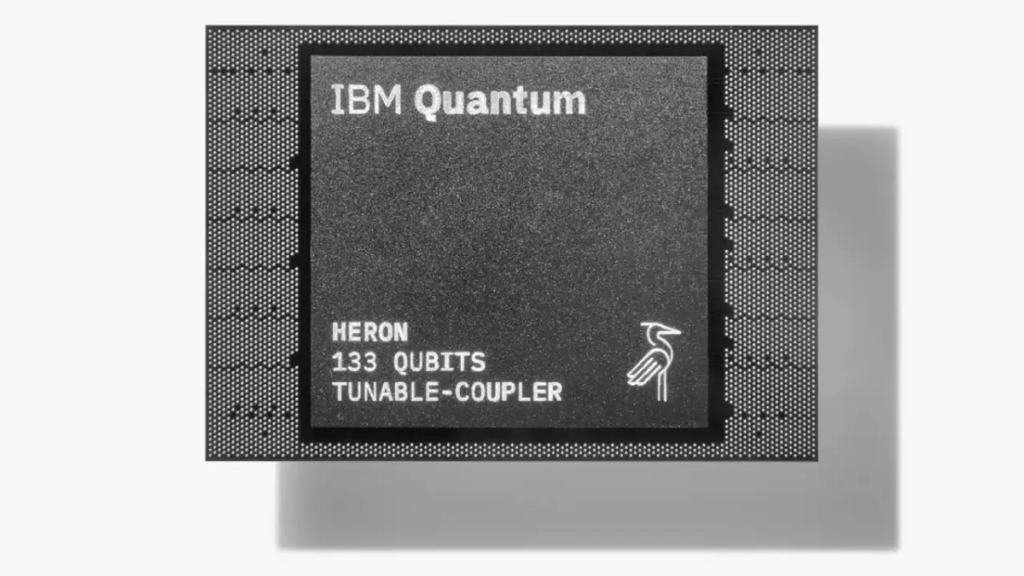IBM, a leading technology corporation, has unveiled an advanced quantum computing chip named “Heron”. This marks a significant shift beyond traditional silicon chips, paving the way for a new era in quantum computing and artificial intelligence.
IBM’s latest Heron chip boasts a capacity of 133 qubits and a quantum bit capacity of 1121. In addition to the Heron chip, IBM has also introduced another chip with a capacity of 133 qubits.
Alongside the introduction of its new 1121-qubit chip, IBM has also announced a novel approach to quantum computing. This approach leverages phenomena known as quantum entanglement and superposition.
IBM’s Condor chip, which is composed of superconducting qubits, features a unique honeycomb arrangement. This innovative design is part of IBM’s ongoing commitment to advancing the field of quantum computing.
This major breakthrough comes amidst fierce technological competition with rivals such as Microsoft Corp., Alphabet Inc.’s Google, and China’s Baidu Inc., all of whom are striving to construct machines that utilize quantum bits.
The Heron chip’s capacity for real-time classical communication between separate processors could be particularly advantageous for Artificial Intelligence applications. This feature could boost the efficiency and effectiveness of AI systems by enabling more fluid integration and communication among different AI system components.
IBM has developed a novel method for connecting chips within machines and subsequently linking these machines. Coupled with a new error-correction code, this could set the stage for quantum machines by 2033.
Dario Gil, IBM’s director of research, stated, “We are firmly within the era in which quantum computers are being used as a tool to explore new frontiers of science.”
Gil believes that these quantum computers can solve problems in various sectors, from physics to medicine, faster than any existing supercomputers.
IBM has already installed one of these new machines at the Cleveland Clinic in Ohio. The machine is anticipated to revolutionize our understanding of proteins and their functions, potentially transforming the field of medicine.
Quantum computing signifies a substantial advancement in processing power and speed. This technology has the potential to revolutionize sectors from medicine to finance by rapidly solving complex problems that traditional computers would find challenging.
The Heron chip is a component of IBM’s Quantum System Two, the world’s first modular quantum computer, situated in Yorktown Heights, New York. This system operates in an almost perfect vacuum and at temperatures colder than deep space.
IBM envisions the Heron chip as the first step towards constructing a quantum computer with power surpassing a billion interconnected supercomputers. This significant breakthrough in quantum computing could potentially revolutionize our computing methods.
The Heron chip is anticipated to have substantial implications for AI technology. The quantum computing capabilities of the Heron chip could potentially transform Artificial Intelligence by providing immense computational power. This could facilitate the development of more intricate models, expedite processing times, and manage larger datasets, all of which are crucial for AI advancement.

